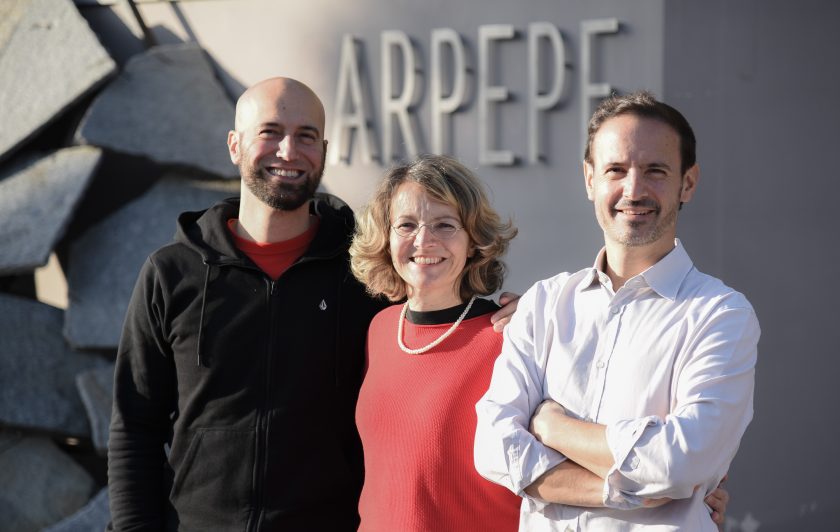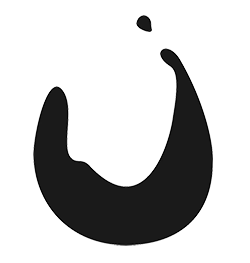2016 ARPEPE Rosso di Valtellina MAGNUM
This is alpine Nebbiolo like you’ve never had before — finessed, smooth, the more delicate side of the grape made famous for its power in Barolo. This bottling is from the 5th generation Ar.Pe.Pe estate in northern Italy’s Valtellina, Lombardy (on the border with Switzerland).
Sustainable farming practices and 4,000 cases produced annually.
- Tasting Notes strawberry, red cherry, hibiscus tea, white pepper, peppermint, leather
- Variety 100% Chiavennasca (Nebbiolo)
- Region Italy, Lombardy
- Volume 1.5L
- Alcohol Volume 12.5%
- Table Talk The terraced vineyards of ARPEPE are tucked in between the Orobic and Retic Alps just south of the Italian-Swiss border.

“These wines from ARPEPE (an abbreviation of founder Arturo Pelizzatti Perego’s initials) are among the most impressive I tasted… From top to bottom, the wines are deserving of serious attention. The super-traditional style will leave lovers of translucent Nebbiolo weak at the knees… Perhaps most importantly, ARPEPE shows just how pedigreed the wines of Valtellina can be.” — Antonio Galloni, Vinous
Tucked in between the Orobic and Retic Alps just south of the Italian-Swiss border, you’ll find the terraced vineyards of ARPEPE. At the helm of this storied estate, located in the Grumello subzone of Valtellina in Lombardy, is the fifth generation of the Pelizzatti Perego family. The roots of this blue-chip estate go back to the 1860s, when the current generation’s great-great-grandfather Giovanni founded a successful winery in the area, then known only as “Pelizzatti.” Over 150 years of history have passed since then, including the dark days of the 1970s during which the current generation’s grandfather fell ill, and the family was forced to sell the Pelizzatti brand along with some of their vineyards. The more recent history of the estate is an almost deus-ex-machina turn of events: the family re-founded their company under the ARPEPE label in 1984, got back many of their proprietary vineyards from renters, and were able to reclaim their cellar in Grumello. Today, ARPEPE is widely recognized as the single best producer in the appellation (as well as a benchmark producer of Nebbiolo in general) and we couldn’t be more thrilled to bring them to our customers.
Related Items
-
2022 Bachelet-Monnot Santenay Blanc
$65.00Made by one of Burgundy’s most respected producers, this bottle is ideal for those who appreciate well-made Burgundy Chardonnay with a perfect balance of power and finesse. Santenay, known for its full-bodied whites, pairs wonderfully with a wide range of dishes thanks to the balance of richness and acidity in the wine. Enjoy with grilled scallops, lobster, roasted chicken, creamy pasta dishes, and soft cheeses like Brie or goat cheese.
Biodynamic farming practices, hand-harvested 30+ year-old vines, native yeast fermentation and aged for 12 months in barrel (12% new).
-
2022 Bachelet-Monnot Maranges ‘La Fussiere’ Blanc Premier Cru
$74.00Fruit for this 1er cru White Burgundy comes from the highest vineyard site in Maranges (avg. 30 years in age). This is a sneaky premier cru that I think would keep an eye on. It may be the best valued Burgundy on the market.
Organic farming practices, hand-harvested, native yeast fermentation and aged for 12 months in barrel.
-
2022 Wonderland Project Atlas Peak Cabernet Sauvignon
$55.00This Cab is grown on a west-facing slope, above the fog line, on the northern ridge of the Atlas Peak AVA. The palate is dense and complex, marked by a long and polished finish. All we can say is, there’s a reason this graces the wine list at French Laundry.
Organic farming practices, unfined/unfiltered, vegan-friendly, and only 1,000 cases produced.
-
2023 Domaine Garnier et Fils Chablis AOC
$36.00Chablis is a staple at Argaux. So when we decide to add a new one to the book, you better believe we have done our homework. This particular bottle was chosen after it won a blind tasting against 17 different bottles of Chablis. We invited our top Chablis clients to join us for the battle and this wine was voted #1. Enough said. It is a must-try.
Organic farming practices, native yeast fermentation, aged on the lees in stainless steel tanks for 11 months and filtered before bottling (no fining).






